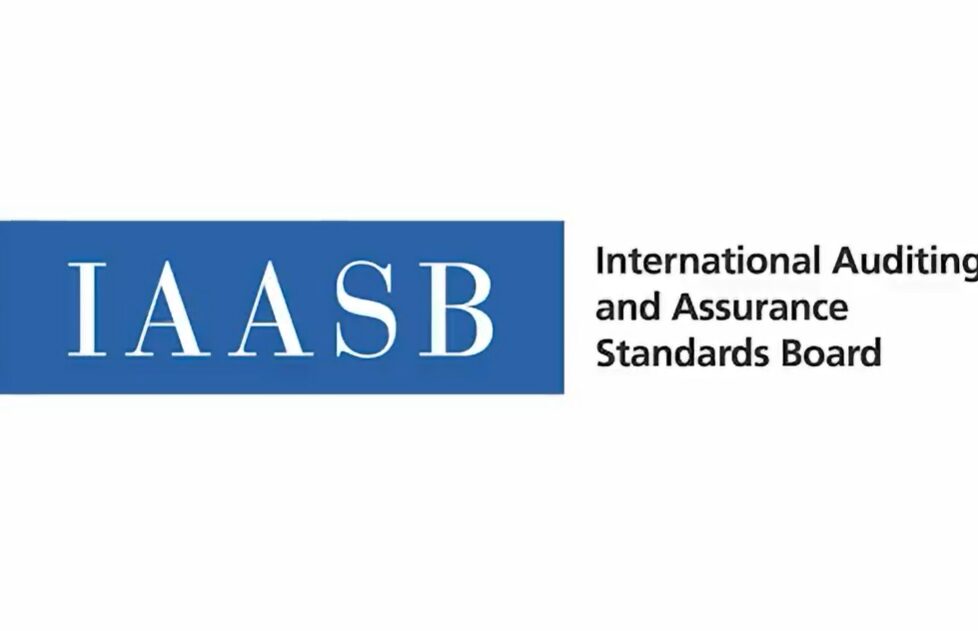IAASB Launches Sustainability Reporting Assurance Standard

Auditing, quality control, and assurance standard-setting body the International Auditing and Assurance Standards Board (IAASB) announced today the launch of International Standard on Sustainability Assurance (ISSA) 5000, a new proposed standard focused on assurance on sustainability reporting.
The new standard comes as companies globally gear up to begin reporting on sustainability and climate-related risks, opportunities and impacts, with the emergence of a series of new sustainability disclosure standards and regulatory requirements, including the EU’s recently finalized CSRD rules, the U.S. SEC’s upcoming climate disclosure rules, and the newly launched IFRS climate and sustainability reporting standards by the International Sustainability Standards Board (ISSB).
IAASB Chair Tom Seidenstein said:
“Our proposed ISSA 5000 is a crucial step in enhancing confidence and trust in sustainability reporting. This proposal directly responds to the International Organization of Securities Commissions recommendations and complements the work of other standard setters, including the International Ethics Standards Board for Accountants. Corporate reporting, whether financial or sustainability focused, is more trusted when it receives external and independent assurance based upon globally accepted standards independently developed in the public interest.”
According to the IAASB, the new proposed standard was designed as a global baseline for sustainability assurance, and to be adaptable to information prepared by any size entity, and to work with information prepared under any suitable sustainability reporting framework, including those issued by the EU, ISSB, GRI, ISO and others.
In order to achieve broad stakeholder input, the IAASB said that it will hold a series of roundtables on the new standard and take part in virtual, regional, and national events throughout the consultation period, with stakeholders invited to comment on the proposals until December 1, 2023.
IAASB Vice-Chair and Sustainability Task Force Chair Josephine Jackson said:
“Receiving the broadest range of views from our stakeholders will improve both the quality of and trust in the final standard. Our unprecedented commitment to outreach will allow us to engage directly with a much wider group of stakeholders to gather the valuable insights we need to finalize a high-quality robust standard.”